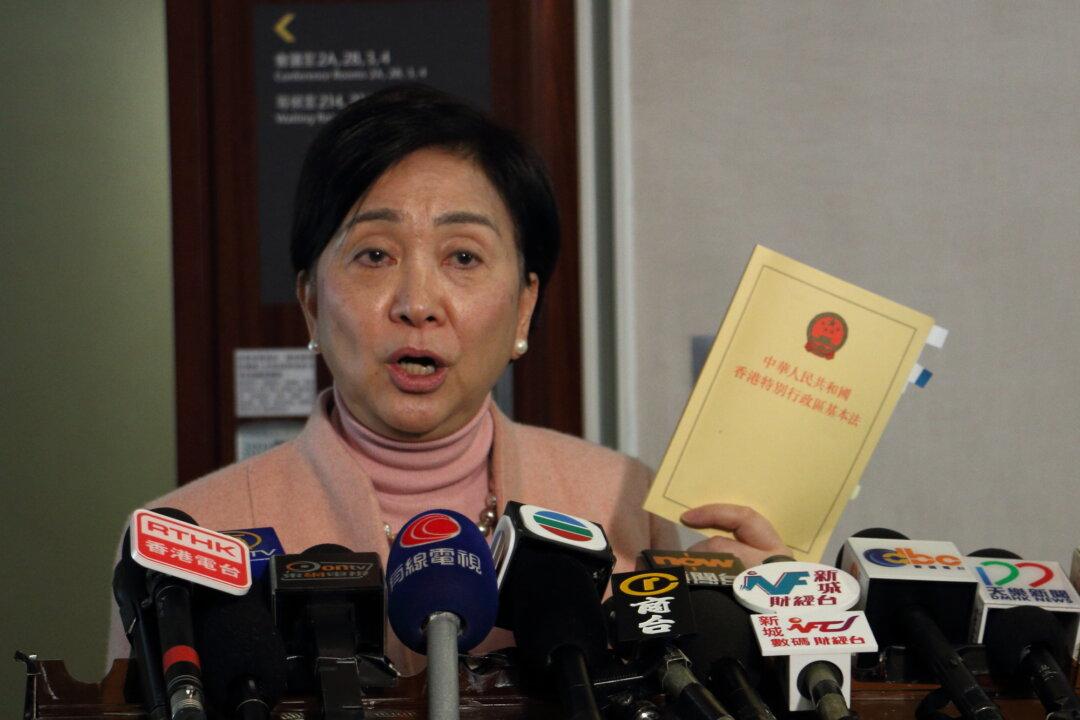In Hong Kong, the struggle for democracy and freedom will continue despite the local government’s repression of opposition figures, activists, and press freedom, said Hong Kong’s “Iron Lady,” Emily Lau.
“I can tell you the game is not over. We will continue to struggle to defend our free lifestyle and our freedoms but in a peaceful and nonviolent way,” Lau said in a recent interview on The Epoch Times’ “American Thought Leaders” program.






